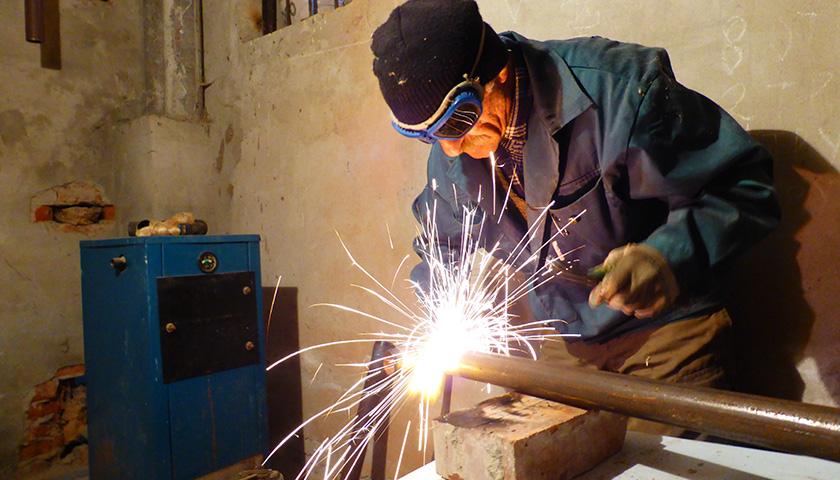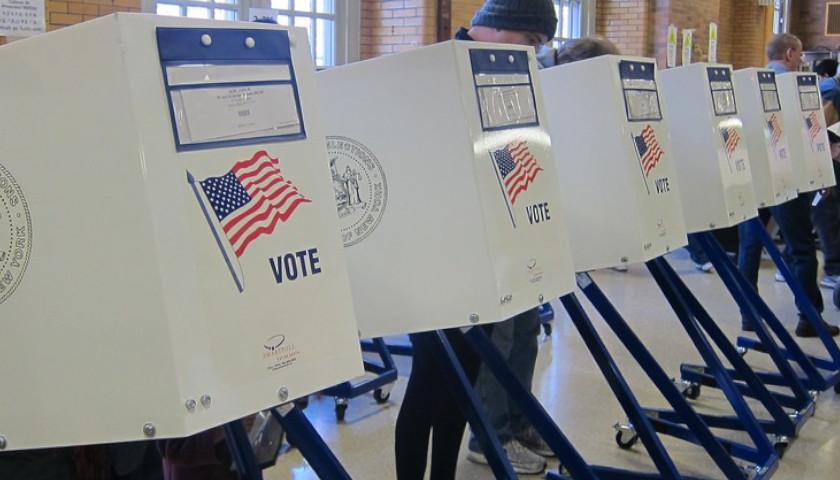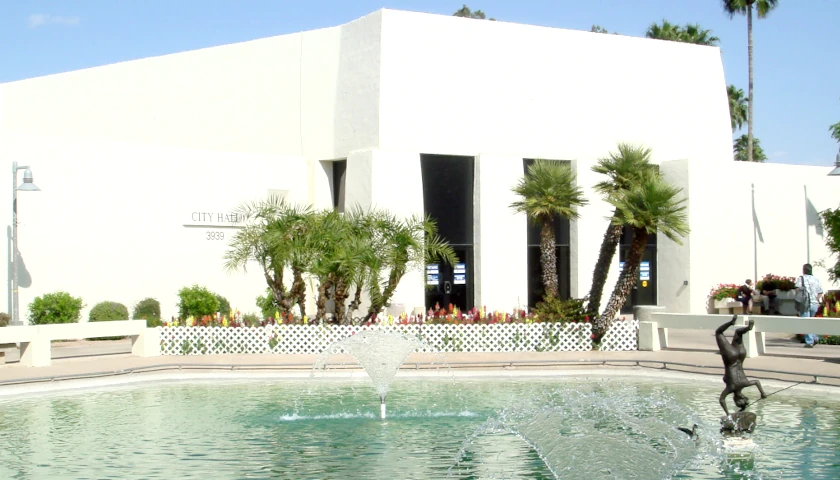by Glenn Minnis
A new Goldwater Institute report highlights all the ways House Bill 2569, which created licensing reciprocity for many professional licenses from other states, has been life-altering for thousands.
With universal recognition having gone into effect in the summer of 2019, “Economic Effects of Arizona’s 2019 Universal Recognition” estimates that some 6,500 residents – including physicians, tradespeople and other professionals – have now been free to work at their craft by exercising their rights under the first-in-the-nation universal recognition reform. The law streamlined occupational licensing by opening the door for skilled workers to use their out-of-state experience to swiftly acquire a license to work upon relocating to the state.
“Universal recognition was designed to ease the licensing burden on skilled professionals by allowing them to use their out-of-state qualifications toward a similar license to work in Arizona,” Goldwater Director of Strategic Engagement and report coauthor Heather Curry told The Center Square. “So far, over six thousand workers have received a license under the reform without having to put their careers on hold to complete additional and costly time or training.”
With every state requiring an occupational license of some sort to work in certain occupations, Arizona’s universal recognition approach is quickly becoming a model for the country.
“Many states are adopting versions of universal recognition to allow incoming residents and nonresidents to be licensed under the reform,” Curry added. “This approach allows incoming workers to begin the application process before they relocate to the state, as well as allowing for flexibility for workers who may wish to live across a state’s border.”
Among the states recently moving to follow in Arizona’s footsteps by enacting versions of universal recognition are Colorado, Utah, Ohio, Missouri, and Idaho, with Nebraska and Georgia reportedly considering such changes.
– – –
Glenn Minnis is a contributor to The Center Square.
Photo “Welder” by Kemal Kozbaev.





